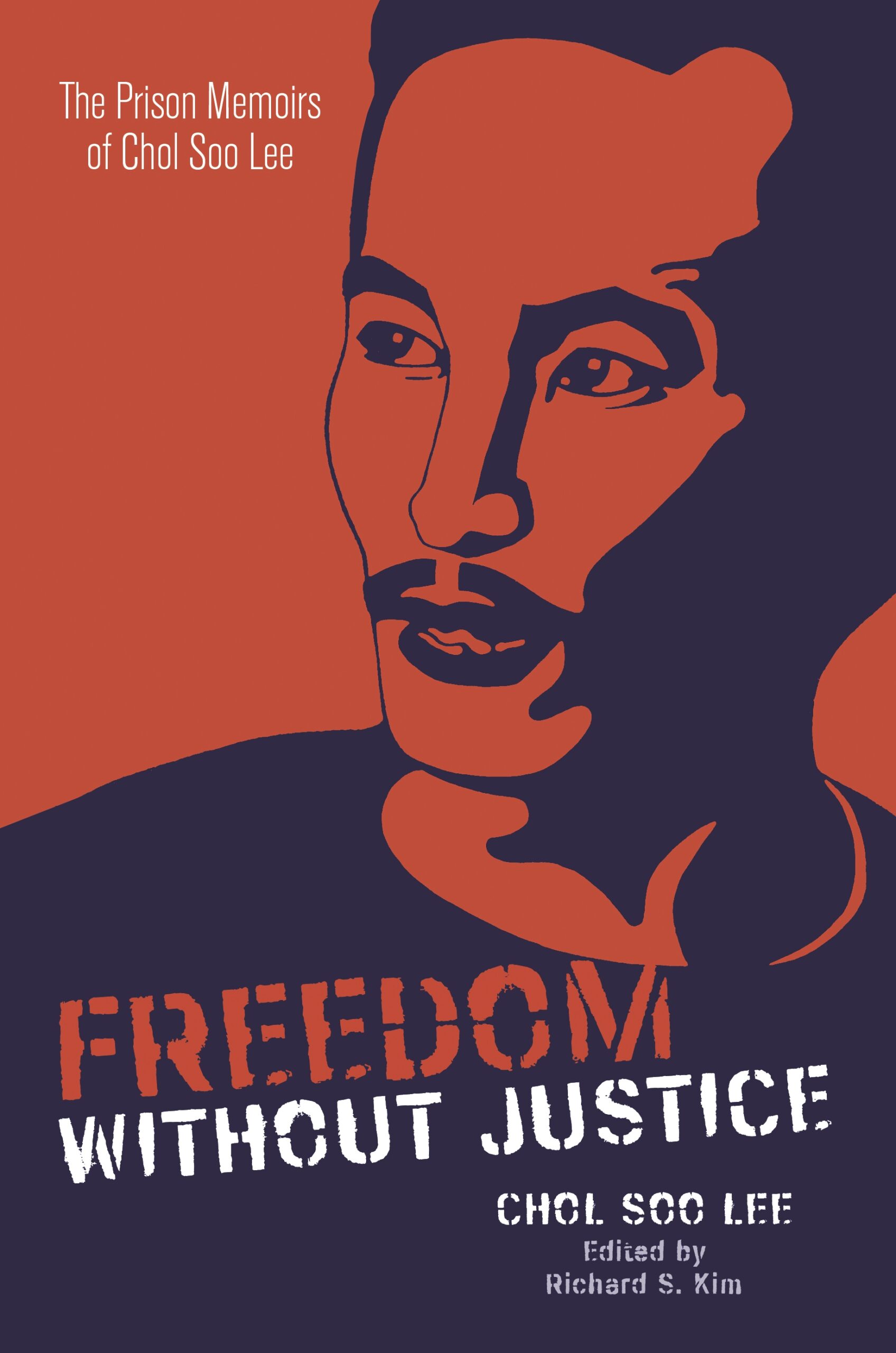Freedom without Justice: The Prison Memoirs of Chol Soo Lee
- About the Book
-
Freedom without Justice is the compelling story of Chol Soo Lee’s wrongful imprisonment and his years of survival in prison, while political activists fought to win his freedom. His saga took place against a backdrop of great historical change in Asian American communities following the passage of the 1965 Immigration Act. In 1973, less than a decade after he immigrated to the United States from Korea at the age of twelve, Lee is convicted of murder and given a life sentence. Four years later, his case became a nationwide rallying point for an extraordinary pan–Asian American movement during the late 1970s and early 1980s, bringing together people from a broad spectrum of social backgrounds for a common political cause. This diverse grassroots activism organized a six-year “Free Chol Soo Lee!” campaign that led to his release from San Quentin’s Death Row in 1983.
While the case inspired newspaper headlines, TV specials, and even a Hollywood movie, until now the full story has never been told in Chol Soo Lee’s own voice. Freedom without Justice reveals the race and class dimensions of US correctional institutions from the perspective of convicts who fiercely refuse to be victims. As a chronicle of the life of a youth at risk, during a time when Asian American inmates were scarce, and Korean Americans even scarcer, Lee’s memoir draws readers into a variety of worlds—war-torn Korea, the streets of San Francisco, the criminal justice system, prison gang politics, and death row.
- About the Author(s)
-
Chol Soo Lee, Author
Chol Soo Lee, born in South Korea, died in San Francisco in December 2014 at the age of sixty-two.Richard S. Kim, Editor
Richard S. Kim is professor of Asian American studies at the University of California, Davis.Russell Leong, Series Editor
David K. Yoo, Series Editor
David K. Yoo is vice provost, Institute of American Cultures, and professor of Asian American studies and history at the University of California, Los Angeles.
- Reviews and Endorsements
-
- This thought-provoking memoir compels readers to grapple with the reality that falsely convicted individuals are forced into a "prison system that is designed to dehumanize and break men of their will," and where racially motivated gang warfare thrives. The contrast between Lee's treatment in prison and the dedicated support from strangers to seek a retrial and overturn his conviction represent both the worst and best of humanity. . . . This personal telling will appeal to a wide audience, including those interested in issues of race and society, criminal justice, and the treatment of immigrants.
—Library Journal - Chol Soo Lee has written a remarkable book, one with both popular appeal and scholarly importance. The book is both an eloquent chronicle of the author’s conviction and incarceration for a crime he did not commit, a searing description of how prisons produce the non-normativity they purport to punish and prevent, and a recollection of an important chapter in the history of the Asian American movement.
—George Lipsitz, University of California, Santa Barbara
- This thought-provoking memoir compels readers to grapple with the reality that falsely convicted individuals are forced into a "prison system that is designed to dehumanize and break men of their will," and where racially motivated gang warfare thrives. The contrast between Lee's treatment in prison and the dedicated support from strangers to seek a retrial and overturn his conviction represent both the worst and best of humanity. . . . This personal telling will appeal to a wide audience, including those interested in issues of race and society, criminal justice, and the treatment of immigrants.
- Supporting Resources
-





